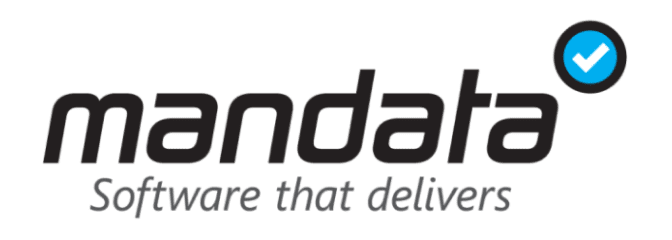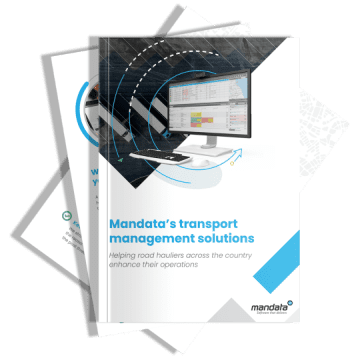How A TMS Could Help You Obtain and Retain a FORS Accreditation
In the dynamic world of transport, achieving and maintaining the Fleet Operator Recognition Scheme (FORS) accreditation is a significant milestone. It not only demonstrates a commitment to safety and sustainability but also opens doors to new opportunities and growth. In this article, we explore how implementing a Transport Management System (TMS) can be the key to not only obtaining FORS accreditation but also retaining it by streamlining operations, improving compliance, and enhancing overall transport management practices. Discover how a TMS can be your driving force toward FORS excellence.
What is FORS?
FORS (Fleet Operator Recognition Scheme) is an industry recognised accreditation that was established to promote best practices in road safety, efficiency, and environmental performance. It provides a standardised framework that helps operators improve their operations to improve asset efficiency and reduce their environmental impact. The scheme offers different levels of accreditation, ranging from bronze to gold, with each level representing a higher degree of compliance and excellence.
Read more: What is Fleet Operator Recognition Scheme (FORS)?
Why is FORS important in the transport industry?
‘The FORS quality benchmark’
In today’s fiercely competitive transport sector, demonstrating a commitment to industry best practices is a significant competitive advantage – and with over 4,700+ operators and 94,000+* vehicles already FORS accredited, it’s becoming a valuable and highly regarded differentiator.
Collaborating with a FORS-accredited haulier provides businesses with the assurance that they are working with a credible transport company that consistently meets industry compliance standards and maintains a high level of operational excellence. And the larger the customer, the more important these aspects become.
How to gain FORS accreditation
FORS is a voluntary accreditation scheme, which means the responsibility sits with the transport business to initiate the accreditation process. To start this process, businesses must reach out directly to FORS to receive their framework, then map their current processes against the template. Once a business has identified possible gaps or areas for improvement, the business can formulate a plan to roll out the intended changes outlined within the provided FORS framework. These changes are often comprehensive and will not happen overnight, requiring stringent focus on driving the plan and the commitments from the wider operations team to implementing these changes.
Once the team is fully onboard with the changes, the next step is to roll out the FORS recommended amendments, followed by an extensive audit by FORS to ensure full compliance.
How can Transport Management Software help with FORS accreditations?
Using a Transport Management Software (TMS) can significantly help haulage operators work towards becoming FORS accredited, or to maintain or improve upon the level they currently have. However, it’s crucial to emphasise that the full support and engagement of the entire team is essential for accreditation success.
Here are just a few features that a TMS can offer to help hauliers with their FORS accreditation:
- Reducing CO₂ Emissions: A TMS allows transport planners to identify more efficient transport routes for their drivers, helping reduce empty mileage, maximise miles per gallon and boost return on investment on each job completed. Furthermore, a TMS can also provide live environmental reporting to monitor emissions, such as idling metrics, giving you full visibility to track and identify where emission levels could be improved on.
- Driver Behaviour Monitoring: a TMS can monitor driver behaviour, helping to identify areas of improvement or training could be required to help meet FORS safety and industry.
- Compliance Documentation: Store, manage and document paperwork safely and securely with cloud document storage, simplifying any auditing processes and documents being readily available for standard FORS checks.
- Fleet Maintenance: Using a TMS’ wide range of integrated solutions, monitoring MOT and vehicle service dates is made much easier, making sure the fleet is always running fully compliant, and for the drivers, using walk around check apps to help to monitor conditions of vehicles.
- Colleague Communication: Make sure colleagues stay on top of the latest company communication such as new legislation changes, training and health & safety procedures using automated apps delegating the appropriate communication, ensuring teams understand and adapt to necessary changes.
In conclusion, a FORS accreditation is an industry recognised accolade that can set your transport business apart when competing for new business. Achieving and maintaining FORS compliance requires dedication and the right tools. With the help of a TMS, hauliers can move towards enhancing safety procedures, reducing costs, and align with desired environmental goals, that are critical elements for hauliers in their journey towards obtaining and retaining FORS accreditation.
So, if you’re looking to excel in the transport industry, consider implementing a Mandata TMS to support your growth ambitions with a FORS accreditation.
Read more: 9 Benefits of a Transport Management System for Haulage Businesses

